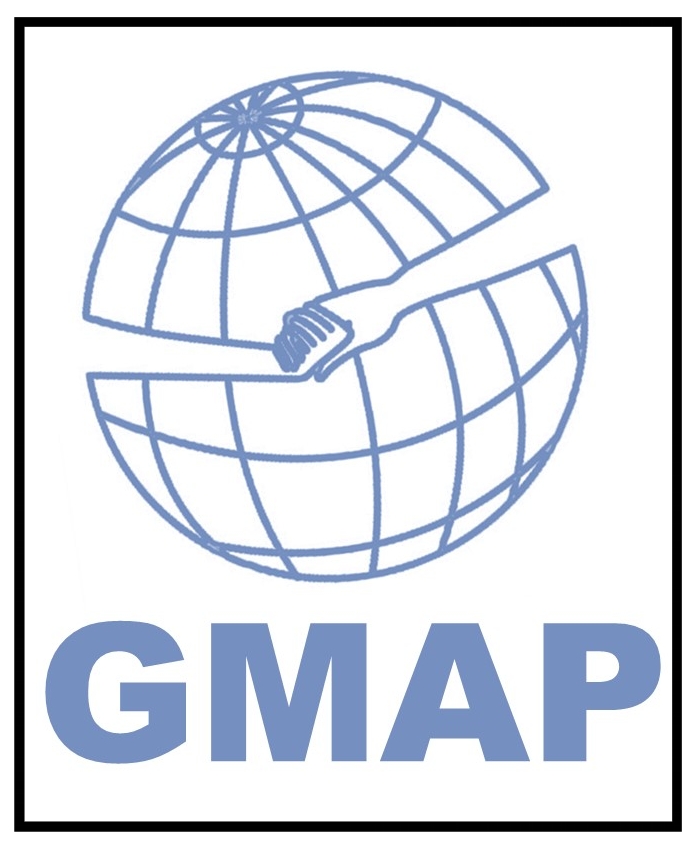Peer Recovery to Improve Polysubstance Use and Mobile Telemedicine Retention
This randomized Type 1 hybrid effectiveness-implementation trial (n=180) aims to evaluate a peer-delivered behavioral activation intervention delivered on a mobile treatment unit (Peer Activate-MTU) in rural Maryland compared to enhanced treatment as usual over 12 months. Primary outcomes are OUD treatment retention and poly substance use (effectiveness), implementation outcomes (guided by RE-AIM), and cost-effectiveness. This project is designed to lead to a potentially scalable model for improving OUD treatment retention and polysubstance use in underserved, rural areas.
Location: Eastern Shore of MD; Funding: NIDA (R01DA057443; 2022-2027). Partnering with University of Maryland, Baltimore (PIs: Kattakuzhy, Magidson). Opportunities for staff and graduate students to be involved in study coordination, primary data collection, secondary data analysis, and future grant submissions


